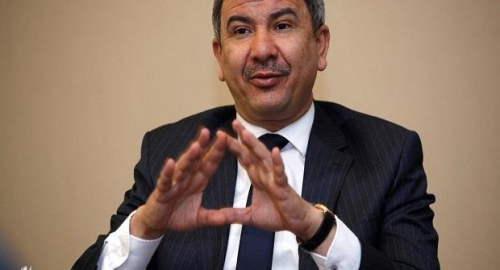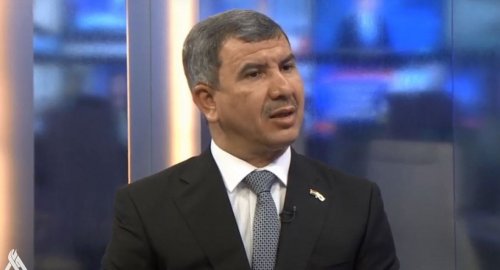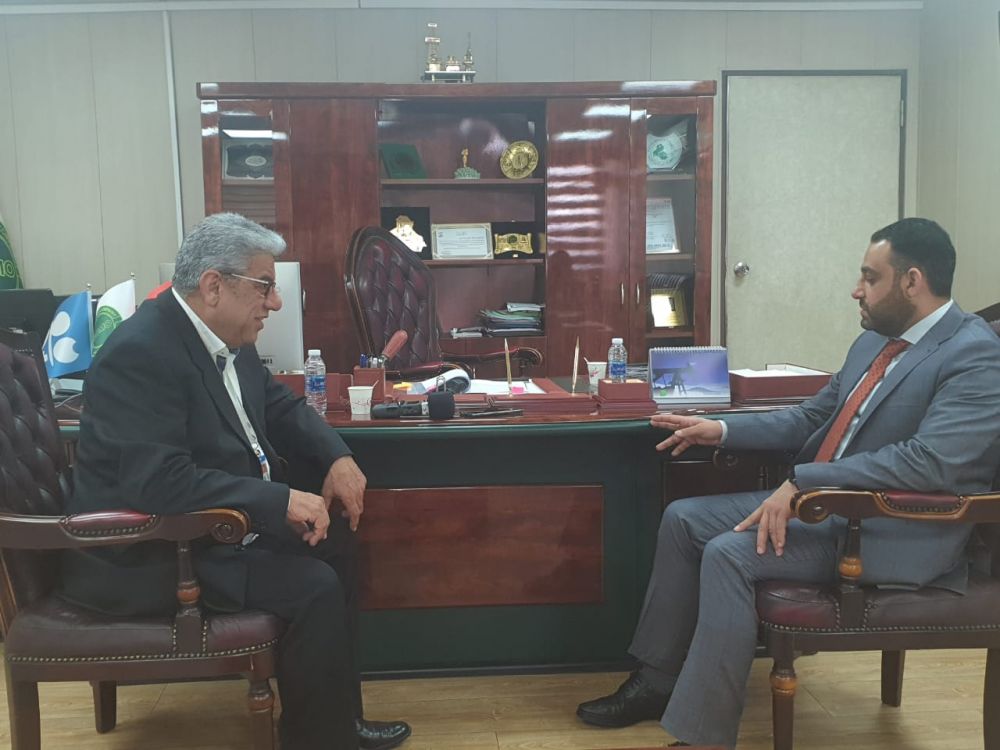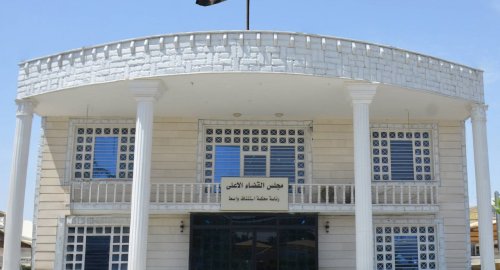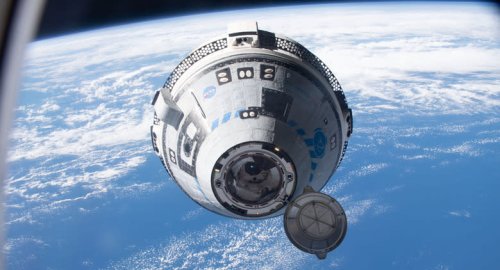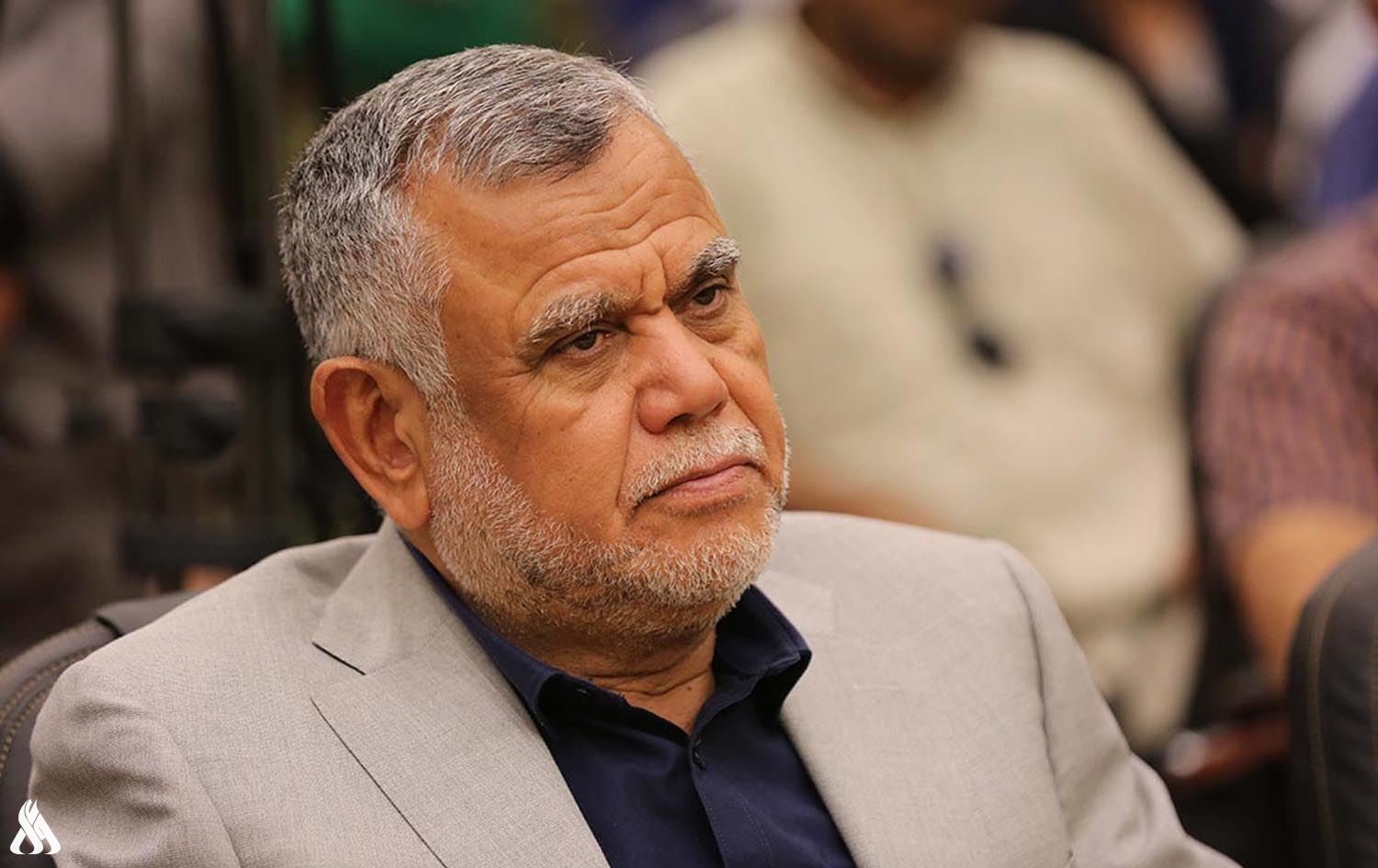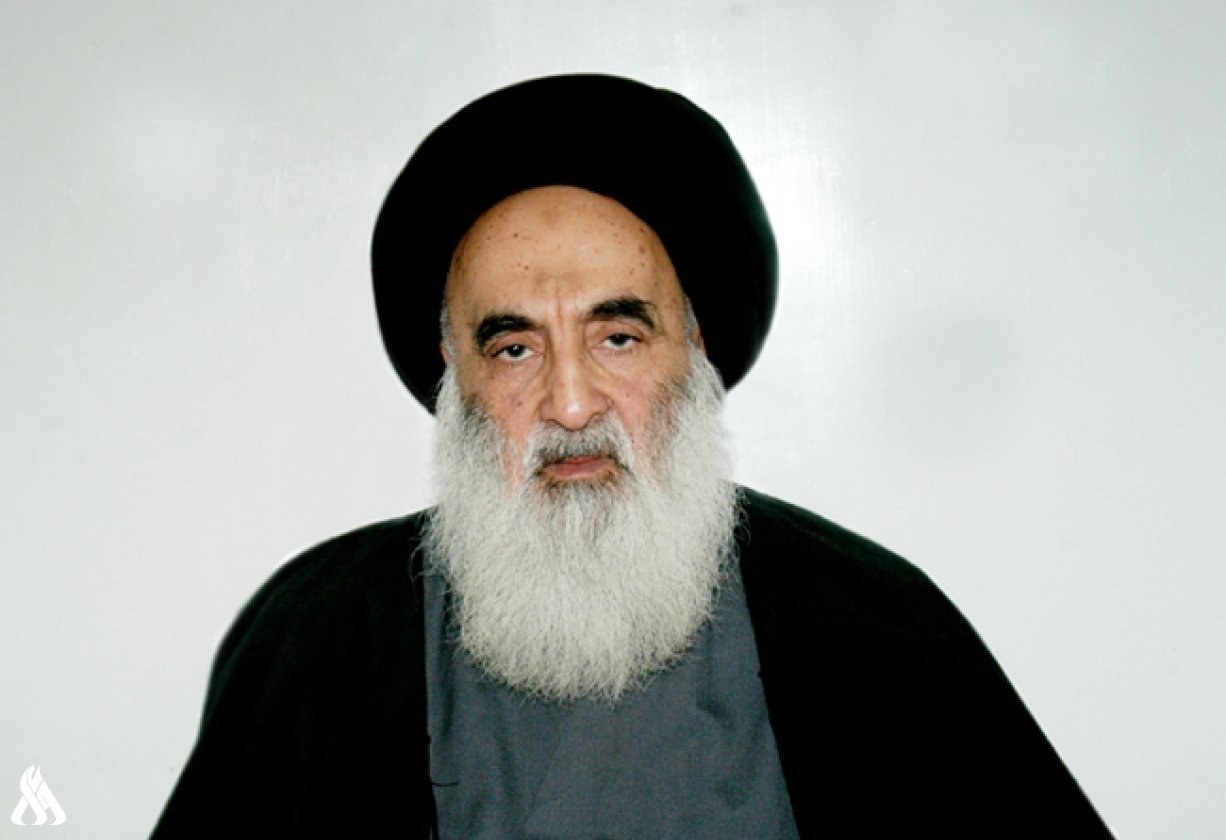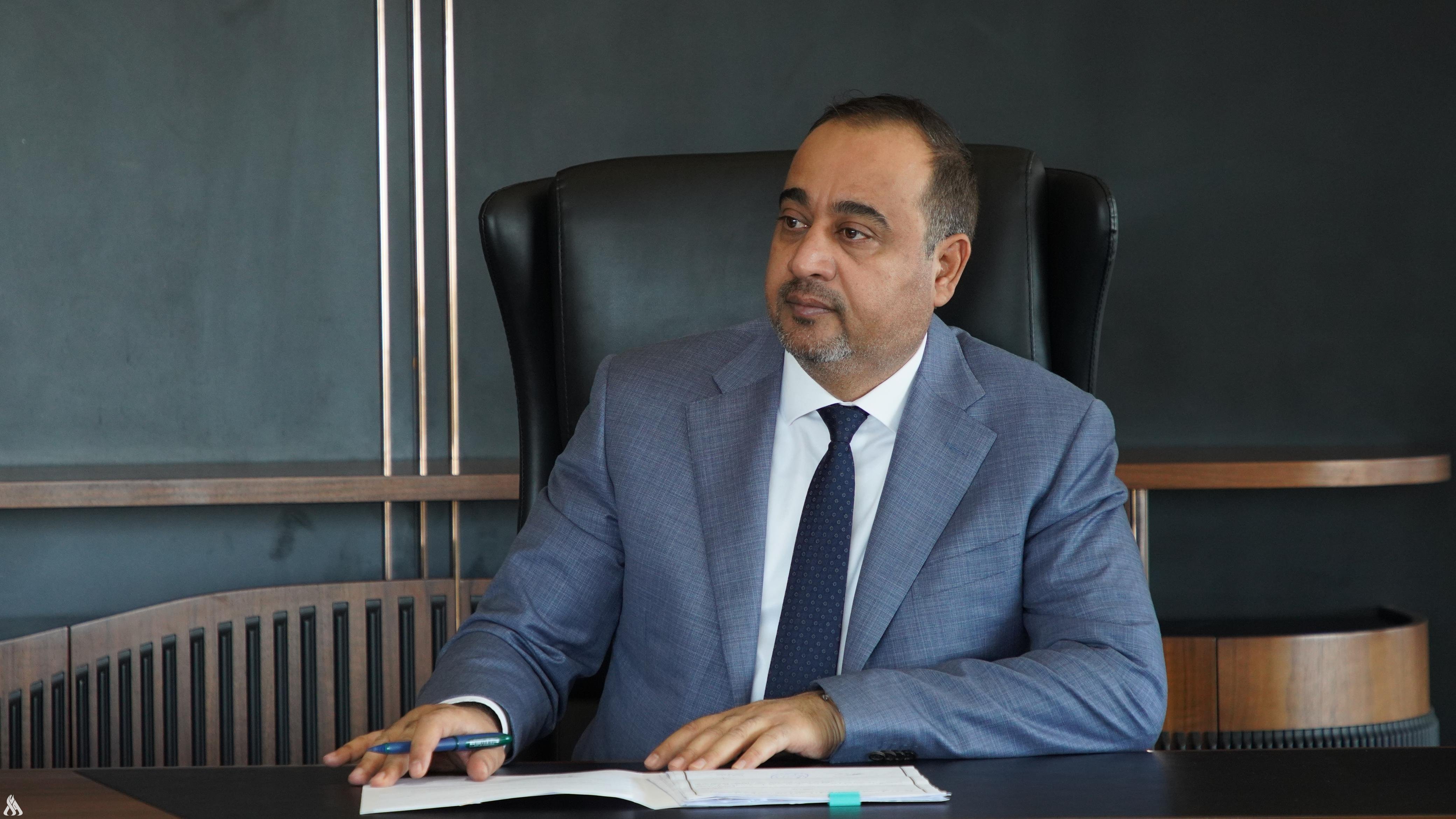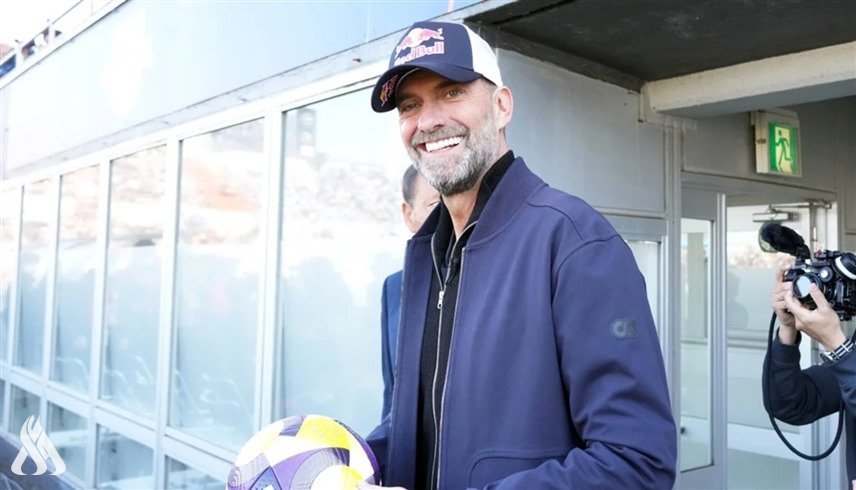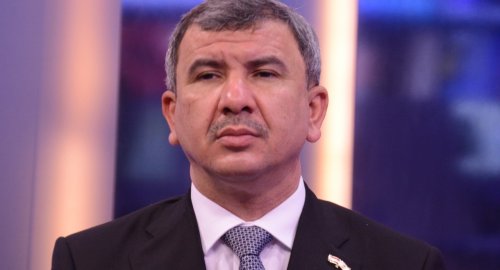
Oil Ministry elaborates the reasons behind oil prices decline

- 1-12-2021, 15:32
Baghdad-INA
The Ministry of Oil determined today, Wednesday, the reasons for the decline in oil prices during the past days.
Minister of Oil, Ihsan Abdul-Jabbar told the Iraqi News Agency (INA), that "The decline in crude oil prices, at the beginning of last Tuesday and Friday trading, was due to fears of the World Health Organization recommendation regarding Corona virus new variant Omicron," noting, " Reducing the impact of the release of strategic oil reserves aims to reduce oil prices, and its impact will not always be on the competition for the power of crude."
He pointed out that "The decline in the reserve stock of the countries participating in the release , force them to take other quantities to support their stockpile from the energy market," stressing, "Iraq's position regarding continuing to pump the scheduled increase of up to 400,000 barrels or stopping it is related to OPEC's decisions during its meeting, which he described (the Covid syndrome).
He explained, "The members of OPEC and its allies will listen to the study of the market research team in the organization and to study the variables in supply and demand and the expectations of a large number of observers and officials in OPEC during the meeting scheduled for next Thursday," suggesting "reaching an agreement to extend the work of current production policies for the next short period."
He continued, "This will not be enough to stop the growth of the supply glut with the sharp rise in oil prices, in order to avoid a rapid closure due to Covid-19," noting that "OPEC and its allies aim to reach a state of stability and balance in the energy market, reliable and sustainable for industrial and oil-exporting countries."
Meanwhile, the National Oil Company announced the start of programs to significantly expand the exploratory drilling for gas and oil reservoirs in the western and southern regions of the country to support the commercial viability of unconventional resources and huge investments to produce cheap energy before the year 2035.
The Minister of Oil and Chairman of the National Oil Company said, "The Oil Exploration Company (OEC) has started its activities in the western Ramadi, Basra and Maysan regions in the east, with the aim of achieving two goals, the first is an increase in the volume of proven crude oil reserves, and the second is access to deep gas reservoirs to enhance the country's capabilities to produce high-quality free gas from the Jurassic layers up to the strategic goal of producing billions of cubic meters of free gas per day to secure the fuel of gas power plants at 80% annually in the coming period.”
Abdul-Jabbar pointed out, “The ministry’s plan in the associated gas investment sector during the year 2020-2021 focuses on investing 2,500 million cubic meters, ending by the year 2024, and includes completing two projects to invest 300 million cubic meters in the Halfaya field, east of Maysan, and the Basra gas project to invest 400 million cubic meters of gas from Associated gas in the licensing fields of international oil service companies in West Qurna/1, the American ExxonMobil Company.
He added, "The plan also includes the Zubair field, the Italian company Eni, and the Rumaila field, the British company BP, as well as the work of Baker Hughes, since the beginning of this year, to prepare designs for the establishment of a gas investment plant in Dhi Qar Governorate, with a capacity of 200 million standard cubic feet of gas per day at a cost of 375 million dollars, stressing that "the project will enter into force within 30 months."
S. Korea plans $2 bn emergency aid for auto sector hit by U.S. tariffs
- International
- 08:58
U.S. revokes all visas for South Sudanese citizens
- International
- 08:00
Valencia knocks out Real Madrid in La Liga
- Sport
- 09:09
Al-Amiri warns of any war between Iran and the US
- politics
- 25/04/01
ChatGPT temporarily down due to pressure from cartoon trend
- Articles
- 25/03/30
